JOHANNESBURG. A coalition of media organisations, supported by the Google News Initiative and led by Africa Check, is working to combat misinformation ahead of the South African elections.
South Africa is preparing for pivotal national elections in 2024, thirty years since it became a constitutional democracy.
In what is predicted to be a major reshaping of the political landscape, a record number of political parties are expected to contest.
As they formulate their strategies to convince voters that they can create jobs, deliver services and infrastructure, and govern effectively, South Africans across the country will have to deal with an influx of information, some of it accurate and some of it not.
To help voters critically engage with information and make informed decisions in the voting booth, several media and civil society organisations are joining forces to create a fact-checking coalition with funding support from the Google News Initiative.
The coalition will work together in the months leading up to the election to fact-check claims made by political parties, provide voters with reliable, non-partisan information on key issues, and equip the public with the skills they need to identify election misinformation.
“With the support of the Google News Initiative the coalition approach is one that we’ve successfully tested in major elections in Nigeria and Kenya,” said Cayley Clifford, Africa Check’s deputy chief editor. “We believe that by working together we can reach more people and have a greater impact.”
Initial coalition partners include fact-checking organisations Africa Check and AFP Fact Check, media outlets Daily Maverick, Mail & Guardian, Caxton Local Media, SABC News, Tuks FM 107.2, and civil society organisation SECTION27.
The coalition is still open to news and civil organisations that are interested in joining.
Izak Minnaar, a member of the Press Council of South Africa and the South African National Editors’ Forum, welcomed the development: "It is great to see that different players in the media and information space are joining forces to fight disinformation and protect the integrity of the elections. News media outlets are encouraged to work with professional fact-checkers to ensure credible, fair and balanced election coverage and social media platforms should consider using content from credible news sources as an antidote to mis- and disinformation on their platforms."
“As part of Google’s commitment to combat mis- and disinformation we are proud to work with Africa Check in establishing this fact-checking coalition in the lead up to the South African national elections. Google’s mission is to organise the world's information and make it universally accessible, and journalism plays a key role in that. We want South Africans to confidently discern between fact and fiction and have access to high quality information,” said Marianne Erasmus, Google’s News Partner Manager for South Africa.


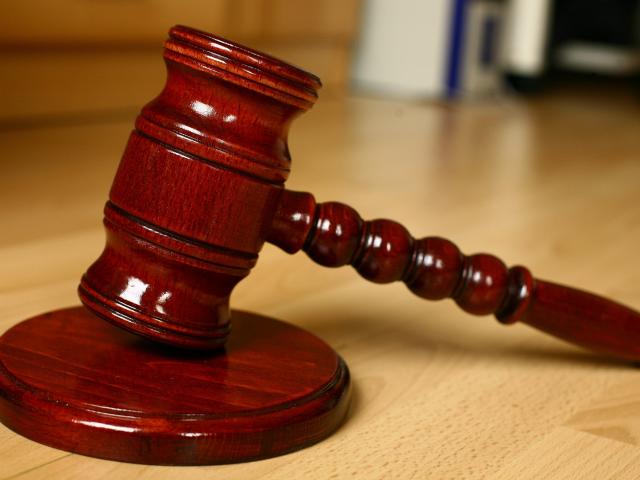
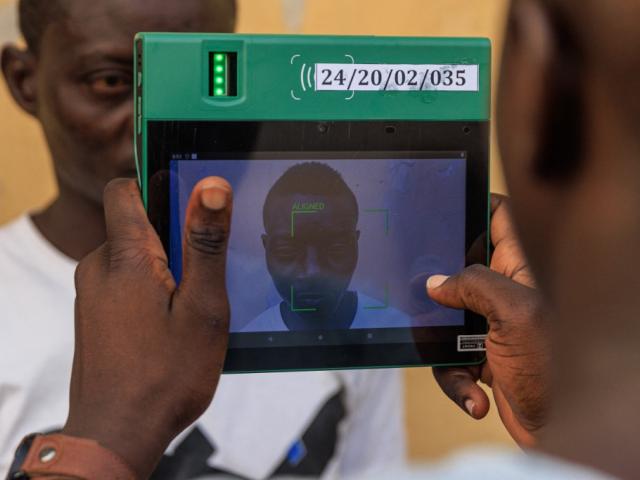
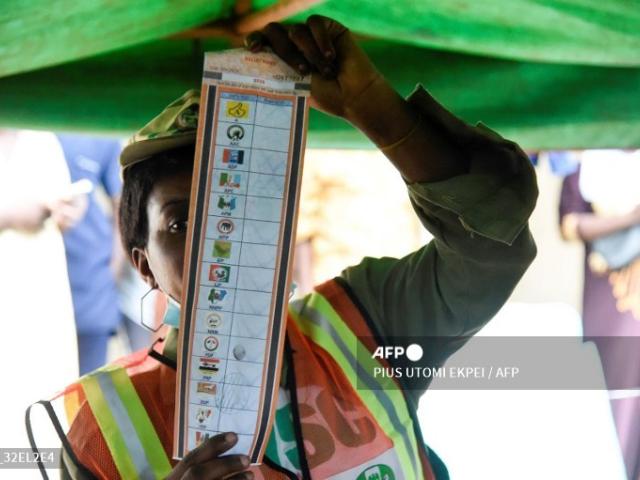
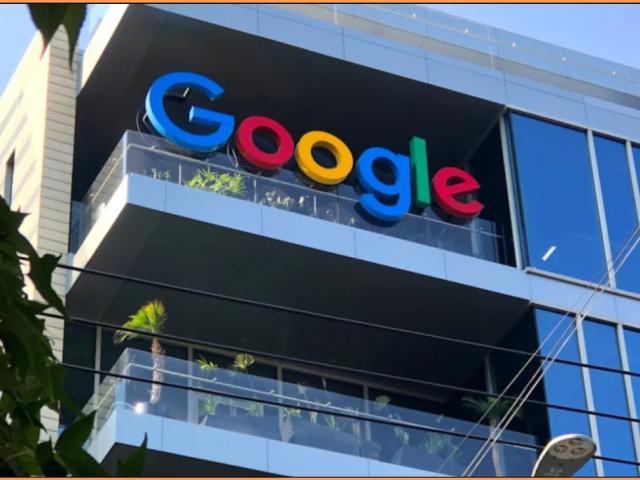
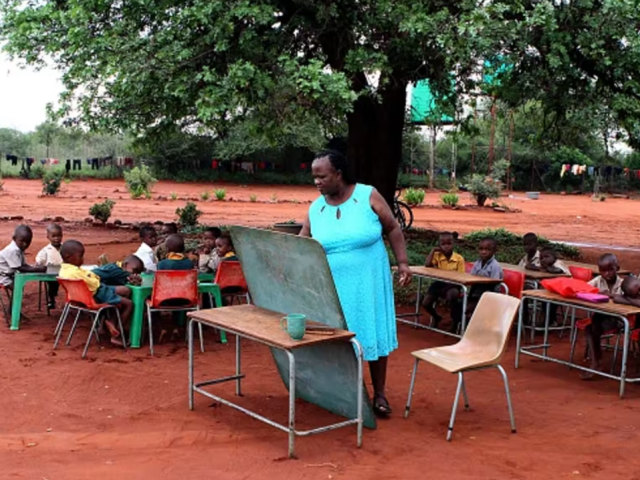
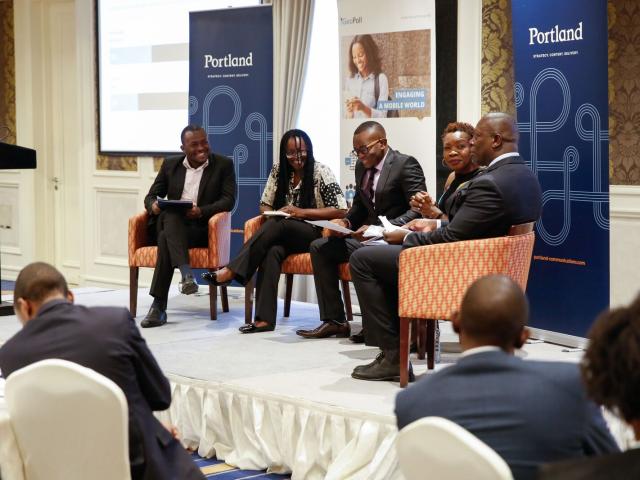
Yes! This is exactly what we…
Yes! This is exactly what we need
Add new comment
Add new comment